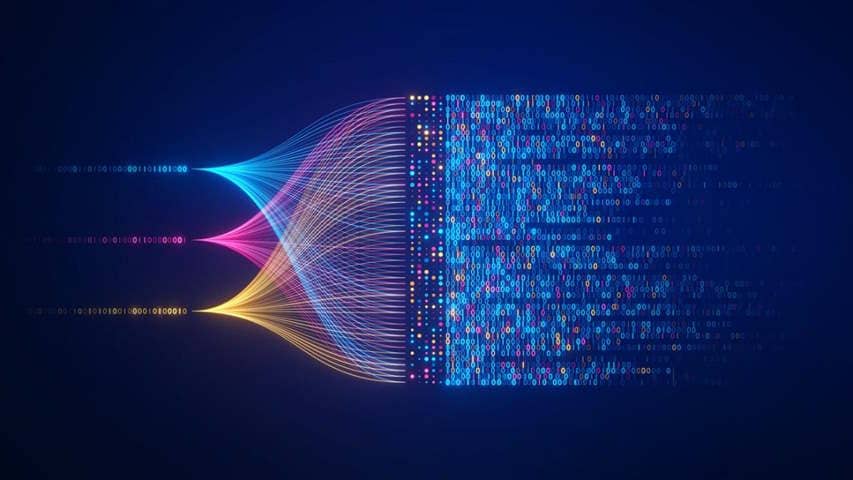In the world of artificial intelligence (AI), it is only becoming apparent just what AI can do for the people using it. It can write stories and articles, create interesting pieces of art, and give examples of ideas for just about anything. But when it comes to computer scientists who are creating the AI, they have an extra challenge. They don’t just need to create AI that can do a lot of amazing things, but they also need to make sure that the AI is representative of all users.
Creating AI that is ethically responsible and inclusive, as well as legal, is something that every computer scientist must work on. There are a lot of challenges to having a bias free and responsible AI that reflects the diverse array of people using it. Here are some of the ways these programs can be created ethically.
What are AI ethics?
Ensuring a safe, secure, and humane approach to AI should be the main desire for every computer programmer creating AI. Additionally, the companies and individuals using these AI systems need to be secure in the knowledge that AI isn’t going to be exclusive or discriminatory. The biggest problem that many AI programs have is that they rely on data collection.
Some of the data online can be biased by the humans that have written it, and as the AI examines this data, it doesn’t comprehend human judgment and biased information. For example, some AI systems can minify results that feature different genders and minority groups, even without programming, because the data it collected did not represent certain populations.
The privacy and freedom of AI
Another massive ethical concern for people, especially creators in the world, is that AI is using their artwork, writing, and ideas without consent. AI often pulls from thousands if not tens of thousands of webpages and other data points, and all of which belongs to someone online. This leads to problems as many people don’t want their work to be used for AI without consent and payment.
Many individuals, from well-known content creators to authors, musicians, and artists, are dealing with problems related to privacy and lack of consent when it comes to their work being used in AI.
Additionally, some AI chatbots and databases, including ChatGPT, exclude things from their search results. For example, some chatbots exclude sexual language, negative words, and certain data points that can prove offensive. This can be restrictive for people looking for that or who want the full freedom of AI without companies deciding what is appropriate. Furthermore, does AI have the same free speech rights that humans do? This question has several different answers.
How can AI be less biased?
One of the biggest issues that computer programmers have is preventing bias being introduced to AI. For better or worse, human judgment and biases are in every data point that AI reads. One of the biggest ways programmers are attempting to reduce bias is by using ‘fairness’ techniques. These ensure that every AI model has an equal chance of accepting or disregarding results, or that the models have equal false positive and false negative rates across groups. Essentially, this means that if one group (such as an ethnicity or a gender) is treated one way by the data, then all groups need to meet the same standards.
The problem here is that there are a lot of fairness definitions, and not all of them can be satisfied simultaneously. Additionally, even with all the tactics that computer programmers use to make their AI systems fair and unbiased, they must still determine when an AI system is fair enough to be released to the public.
Those who want to put their hat into the ring and focus on making AI unbiased need the correct education. A computer science master’s degree from a respected institute, such as Baylor University, can help students learn about everything related to computer science and software engineering. This includes education on software architecture, code analysis, security assessment, and testing of software such as AI. Applicants for this master’s degree need a computer science or Bachelor of Science (BS) degree, three letters of recommendation, and proficiency in programming languages such as Python or Java. With the latest education, computer science experts will be better placed to enhance AI technology. This can ensure less bias and a more inclusive, adaptable AI tool for future generations.
The cause of bias
The biggest issue that many computer programmers, business owners, and AI program users deal with when it comes to bias is understanding why it happens. As easy as it may be to fix an algorithm or set of standards, it is also important to understand why those biases occurred in the first place and how humans can reduce bias and ultimately become free of it. By fixing biases for AI, computer scientists may also fix them for humankind.
In the rapidly advancing world of artificial intelligence (AI), ensuring inclusivity and ethical responsibility is paramount. Developers and organizations are working diligently to create AI systems that transcend bias and discrimination. This journey toward ethical AI is rooted in the concepts of safety, security, and humane practices.
The challenges are significant. Many AI systems rely on internet-derived data that can carry biases, requiring programmers to employ fairness techniques for unbiased results. Privacy concerns also emerge as AI incorporates individuals' work without their consent, impacting content creators. Furthermore, questions surrounding AI's freedom and free speech rights spark ongoing debate. A profound understanding of bias origins and its reduction is crucial, with education, like a master's in computer science, preparing individuals to shape future AI into a more inclusive, emotionally intelligent tool for all users.








